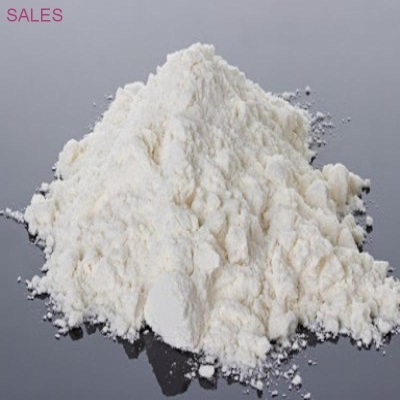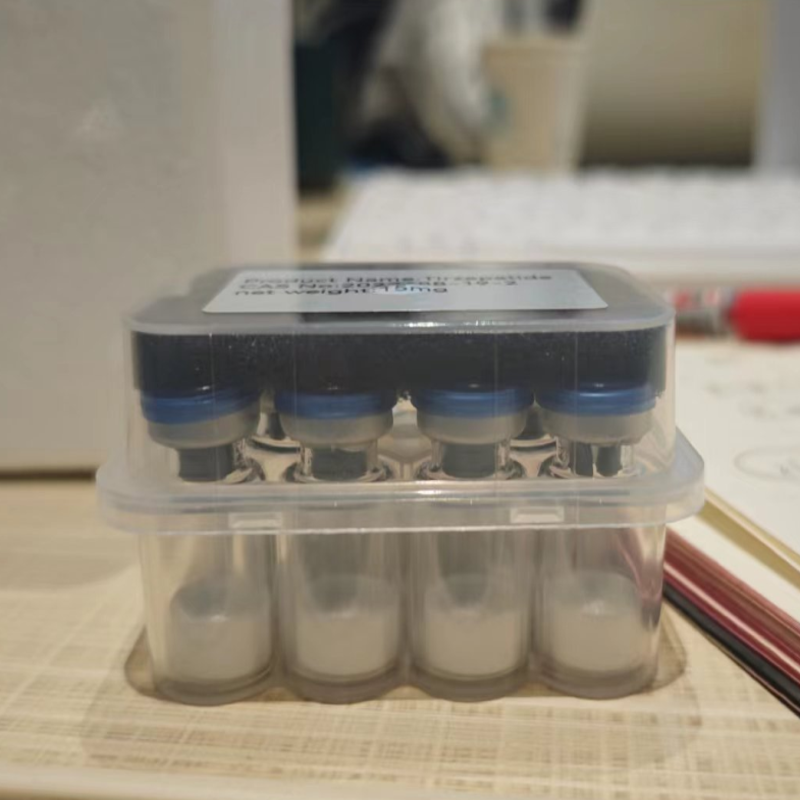-
Categories
-
Pharmaceutical Intermediates
-
Active Pharmaceutical Ingredients
-
Food Additives
- Industrial Coatings
- Agrochemicals
- Dyes and Pigments
- Surfactant
- Flavors and Fragrances
- Chemical Reagents
- Catalyst and Auxiliary
- Natural Products
- Inorganic Chemistry
-
Organic Chemistry
-
Biochemical Engineering
- Analytical Chemistry
-
Cosmetic Ingredient
- Water Treatment Chemical
-
Pharmaceutical Intermediates
Promotion
ECHEMI Mall
Wholesale
Weekly Price
Exhibition
News
-
Trade Service
1-Benzyl-4-methylpiperidin-3-ol (BMP) is a synthetic chemical that is commonly used in the production of various products in the chemical industry.
It is a colorless liquid with a characteristic sweet odor, and it is highly soluble in water.
BMP is used in the production of a wide range of products, including perfumes, fragrances, cosmetics, and pharmaceuticals.
In recent years, there have been concerns about the safety of BMP, particularly with regards to its potential to cause health problems.
These concerns have led to a number of regulatory agencies around the world to investigate the safety of BMP and to issue guidelines for its use in the chemical industry.
One of the main health concerns associated with BMP is its potential to cause skin irritation.
Studies have shown that BMP can cause skin irritation and allergic reactions in some people, particularly those who have sensitive skin.
This can lead to redness, itching, and blistering of the skin.
Another health concern associated with BMP is its potential to cause respiratory problems.
Studies have shown that exposure to high levels of BMP can cause irritation to the respiratory system, including coughing, wheezing, and difficulty breathing.
There is also some evidence to suggest that BMP may be harmful if ingested.
Studies have shown that BMP can cause gastrointestinal problems, including nausea, vomiting, and diarrhea, if ingested in large amounts.
In addition to these health concerns, there is also some evidence to suggest that BMP may be harmful to the environment.
Studies have shown that BMP can be toxic to aquatic life, including fish and other aquatic organisms.
This can lead to damage to aquatic ecosystems and can potentially harm the food chain.
In response to these concerns, a number of regulatory agencies around the world have issued guidelines for the safe use of BMP in the chemical industry.
For example, the European Union has classified BMP as a category 2 carcinogen, indicating that it may be harmful if ingested, inhaled, or if it comes into contact with the skin.
The United States Environmental Protection Agency (EPA) has also identified BMP as a potential threat to human health and the environment, and it has established strict guidelines for its use.
Despite these guidelines, it is important for workers in the chemical industry to take appropriate safety precautions when handling BMP.
This includes wearing protective clothing, using ventilation systems to prevent inhalation of BMP vapors, and following proper disposal procedures to prevent environmental contamination.
In conclusion, 1-benzyl-4-methylpiperidin-3-ol (BMP) is a widely used chemical in the production of various products in the chemical industry, but there are concerns about its safety, particularly with regards to its potential to cause health problems, such as skin irritation, respiratory problems and gastrointestinal problems, and its potential to be harmful to the environment.
These concerns have led to various regulatory agencies to issue guidelines for its use in the chemical industry.
It is important for workers in the chemical industry to take appropriate safety precautions when handling BMP in order to prevent potential health and environmental risks.







